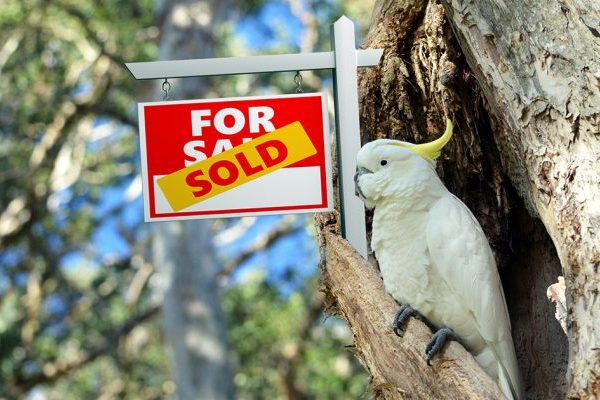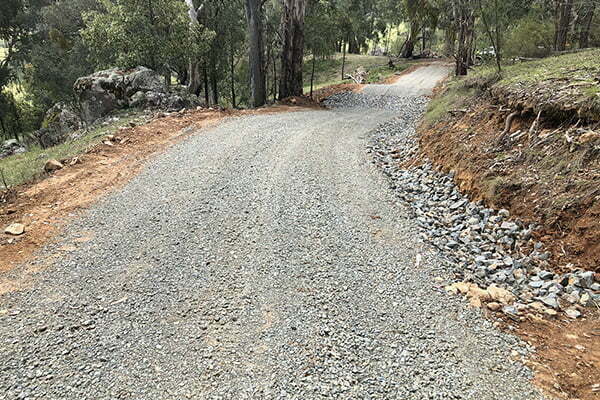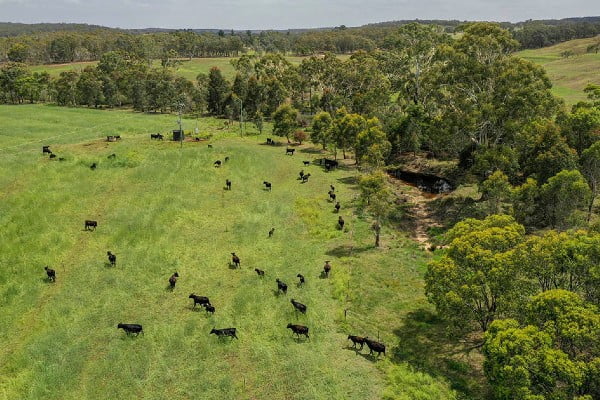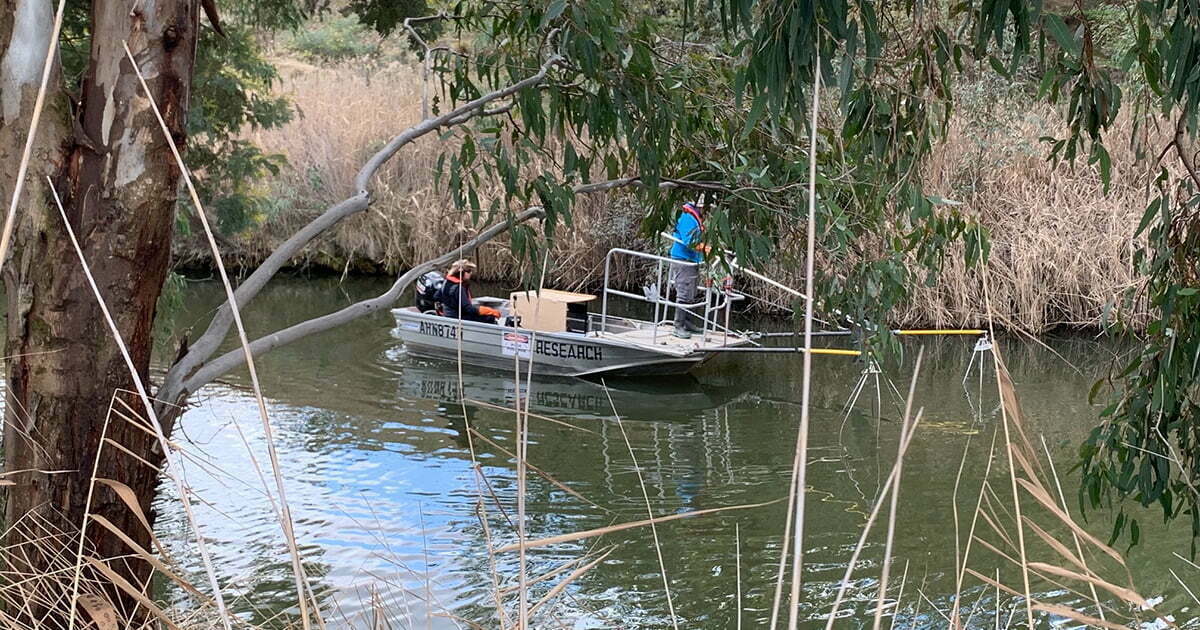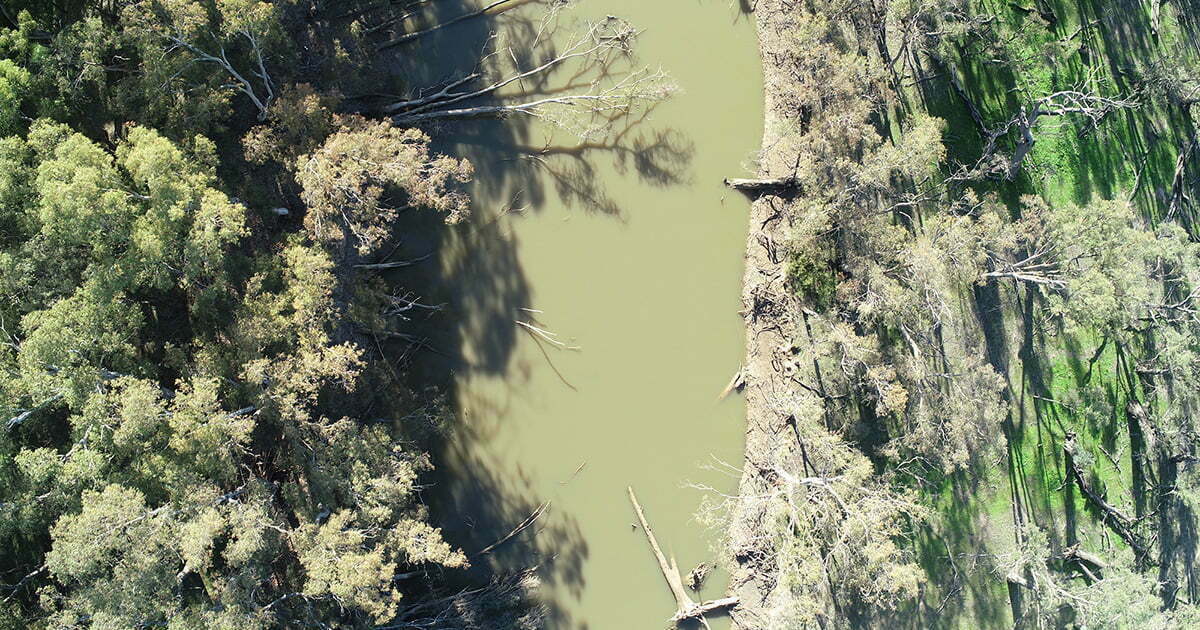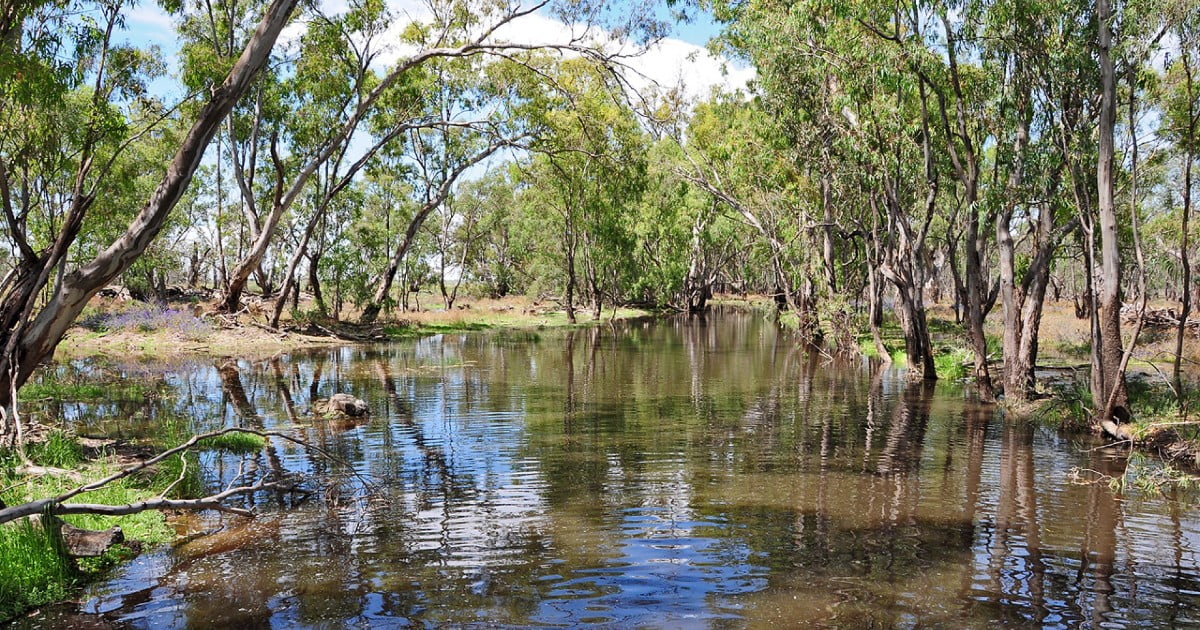ARRC NEWSLETTER – NOVEMBER 2020 EDITION
Hello friends,
I hope you have been enjoying Spring 🌺, but seriously, ‘How is it almost Summer?’. We have had a very full month going out on site visits and trying to find our tubestock amongst all of the tall grass! I think the rain has made us all more optimistic and keen to do more for our ‘Riparian Real Estate’. In this newsletter we provide links to our recent webinar focusing on this topic, as well as sharing an article by friend John Koehn and colleagues, who are calling for thirty actions to save our native fish. In others stories we look at how we can assess riverbanks from the sky, as well as asking you to share your thoughts about vegetation and environmental flows.
As we reflect on this time last year, we provide a timely podcast with Petrea King on how trauma is triggered – we encourage you to have a listen, as all of us were deeply affected by the fires, and we need to be aware of our vulnerabilities and how to care for ourselves and each other.
We hope you enjoy the newsletter and thank you for your ongoing support of all that we do.
– Siwan 😊
RIVERS OF CARBON – SOURCE WATER LINKAGES
Farewell Ben and Hello Ian 👋
Our Rivers of Carbon – Source Water Linkages project coordinator Ben Hanrahan is moving on to work in the reef catchments, based up in Townsville at Greening Australia. Ben has been a fabulous member of our team, and we wish him all the very best in this new role. THANK YOU BEN for all your enthusiasm, professionalism and humour 🙂
Stepping into the role that Ben vacates is Ian Rayner, and we welcome him warmly to our team. Last week we went out with Ben and Ian on a RoC Source Water visit, along with our Water NSW collegues Alan and Stuart. We had a great day seeing the results of our restoration efforts and we are really looking forward to another great year of this important project.
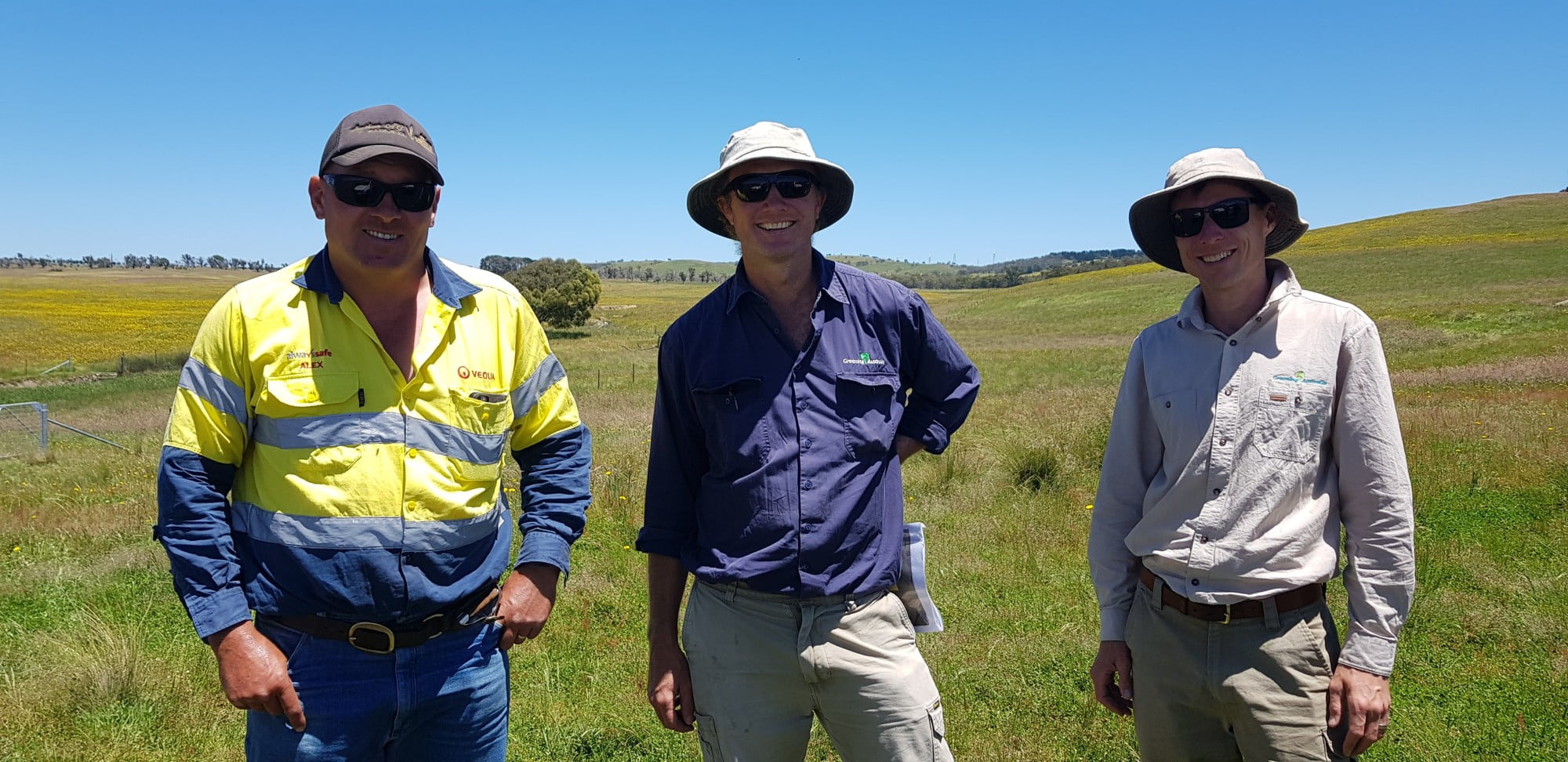
RIVERS OF CARBON
Our online get togethers have proven to be really popular which is terrific. If you did not get to our Riparian Real Estate webinar, it is now available to view at a time that suits you. We have also completed our Roads and Tracks Webinar, and it will be available on a new webpage in the next couple of weeks. Coming up is our Roads and Tracks Field Day on the 4th of December (yes, face-to-face!) which will be filmed and shared at a later date, and don’t forget our Stock and Waterways Webinar on the 11th of December. Lots for you to get involved in – we would love to see you, so get along and register.
FINTEREST
Australian scientists share 30 actions we can take to save the Murray-Darling Basin’s native fish
Twelve of Australia’s top fisheries scientists have come together with a summary of 30 URGENT actions needed to restore Murray-Darling Basin native fishes. All of us who care for native fish can use this summary to support our own efforts – whether it be applying for grants, lobbying policy makers or restoring the habitats in which native fish can thrive.
Have a read of the article below, use it where you can to effect change, and share it widely…
FLOW – MONITORING, EVALUATION AND RESEARCH PROGRAM
Our Flow-MER story looks at an Australian first: Using drones to assess dirt and plants from above. Geoff and Neil discuss how they can cut out the arduous field days of challenging terrain and pushing through thick scrub to take measurements, and are now able to get sub-centimetre accuracy combing drones with GIS and Digital Elevation Models. Have a read of this article to learn about the implications this has for Commonwealth environmental water management.
The second link is a survey from Flow-MER Vegetation Theme team member Cherie Campbell. Cherie’s PhD project is focusing on how to characterise good condition for non-woody wetland and floodplain vegetation across the Murray-Darling Basin so that she can develop condition benchmarks to provide the basis for evaluating outcomes. Part of this process is to reflect on what we have learnt to date, and she needs your help and insights. Please take the time to complete the survey.
TWO GREEN THREADS
Podcast Episode:
Can a flash of orange trigger a bushfire memory?
Understanding trauma and neuroscience with Petrea King
Our good friend, and founder of Two Green Threads, Suzy Nethercott-Watson, was recently joined by the inspirational Petrea King – bestselling author, keynote speaker, facilitator and the founder of Quest for Life Foundation.
As we acknowledge that we are within the anniversary months of the Spring and Summer 2019/2020 bushfires that occurred across most Australian states, this is a timely conversation that dives into the neuroscience behind trauma and its triggers. Petrea talks about how being aware of our biological reactions can help us gain a stronger understanding of ourselves, and those we care about, all of which helps us to negotiate difficult times and fuel our recovery.

INSPIRATION
Those who know me have probably heard me say that I don’t watch the news – this Leunig cartoon encapsulates why I choose to get my dose of world and national events online, or via my husband. I do feel that if we ‘take in the good’ as Leunig shows, we can build the resilience we need to cope with life’s challenges and can then greet opportunities with a positive ‘hello’!
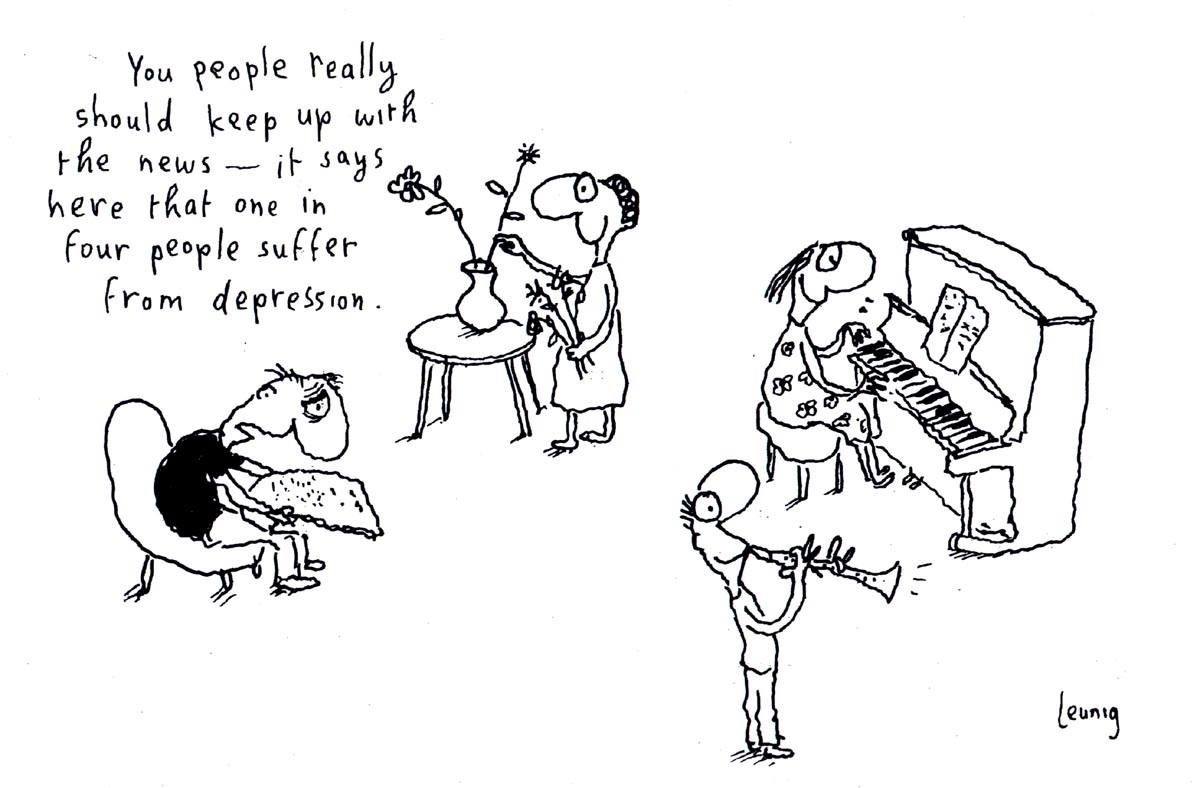
PLEASE CONSIDER MAKING A DONATION GIFT TO KEEP US DOING WHAT WE DO BEST
Have you enjoyed reading our newsletter and watching the videos we have provided? If so, you might like to give us a donation that reflects what you feel this newsletter means to you. We rely on donations to keep sharing knowledge and staying in touch. As a registered charity recognised under the ACNC, we report to them every year about the contributions people have made in the form of donations. When you donate we can demonstrate that we are valued, and that people are willing to support to us so we can continue to build future resources for you and others alike.
Or send your donation via Direct Transfer:
Westpac Bank
ARRC Public Fund
BSB: 032-730
Account: 198844
If using direct transfer please have as the reference your name & date of donation. I can send you a receipt if required, just email enquiries@arrc.com.au with the details of your donation. Thank you 🙂

